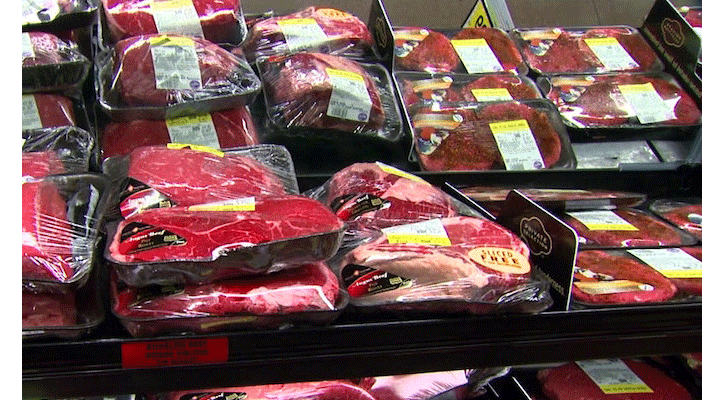
From Nebraska News Connection
By Eric Galatas
LINCOLN, Neb. -- Nebraska lawmakers are scheduled to debate the Meatpacking Employees COVID-19 Protection Act today.
Sen. Tony Vargas, D-Omaha, sponsored the measure, which would require companies to implement protections including six-feet social distancing, face masks and paid sick leave.
Rose Godinez, legal and policy counsel for the ACLU of Nebraska, said workers in meat and poultry plants across the state continue to report dangerous conditions, including lack of masks, pressure to work while sick, and crowded cafeterias and locker rooms.
"We're not out of the pandemic yet," Godinez observed. "And we need these protections for meatpacking-plant workers because they are providing essential food production for the country."
At least 7,300 COVID-19 cases have been traced to meatpacking plants across Nebraska since the onset of the global pandemic.
Public health experts said protections continue to be appropriate, even as vaccinations are rolled out. Critics of Legislative Bill 241 argued the law is unnecessary because companies already are taking precautions and have prioritized the safety of their workers throughout the public health emergency.
Godinez countered many workers reported not being able to leave work to get vaccinated, or risk losing their job if they do because of punitive sick-leave policies. The bill would require companies to allow workers time off to get vaccinated.
Godinez believes the measure is necessary to protect not only meatpacking plant workers, but entire communities still at risk of contracting the airborne virus.
"It will be up to all of us to protect our hardworking friends and meatpacking-plant workers," Godinez asserted.
Legislative Bill 241 would remain in effect until June 2022, or until the Centers for Disease Control and Prevention drops its recommended protections.
Plants would be subject to inspections, and could face fines of $5,000 per violation, up to $50,000 for repeated violations.




